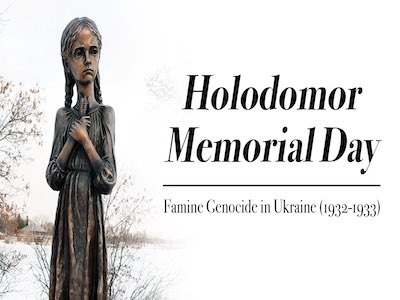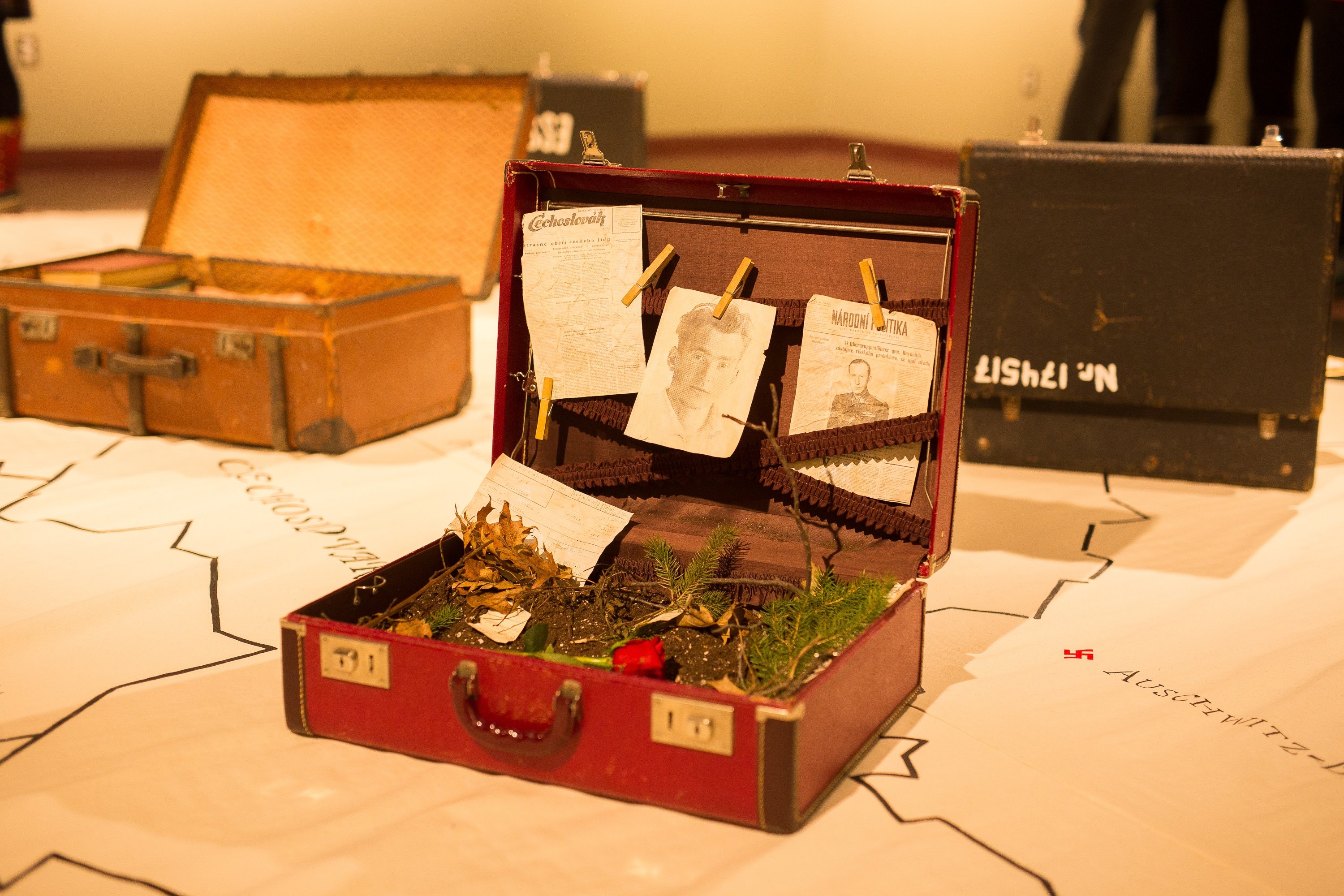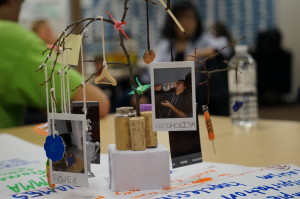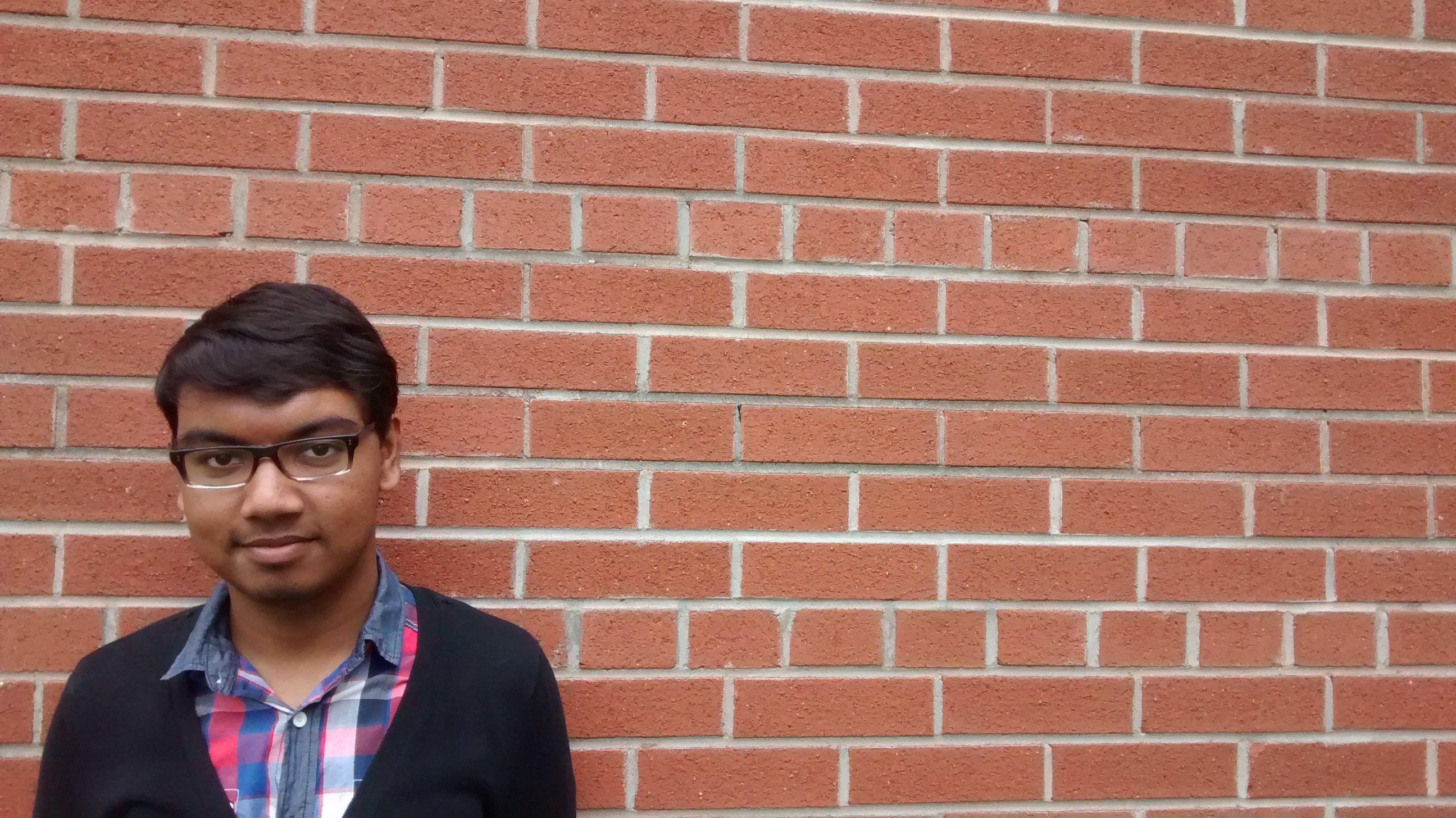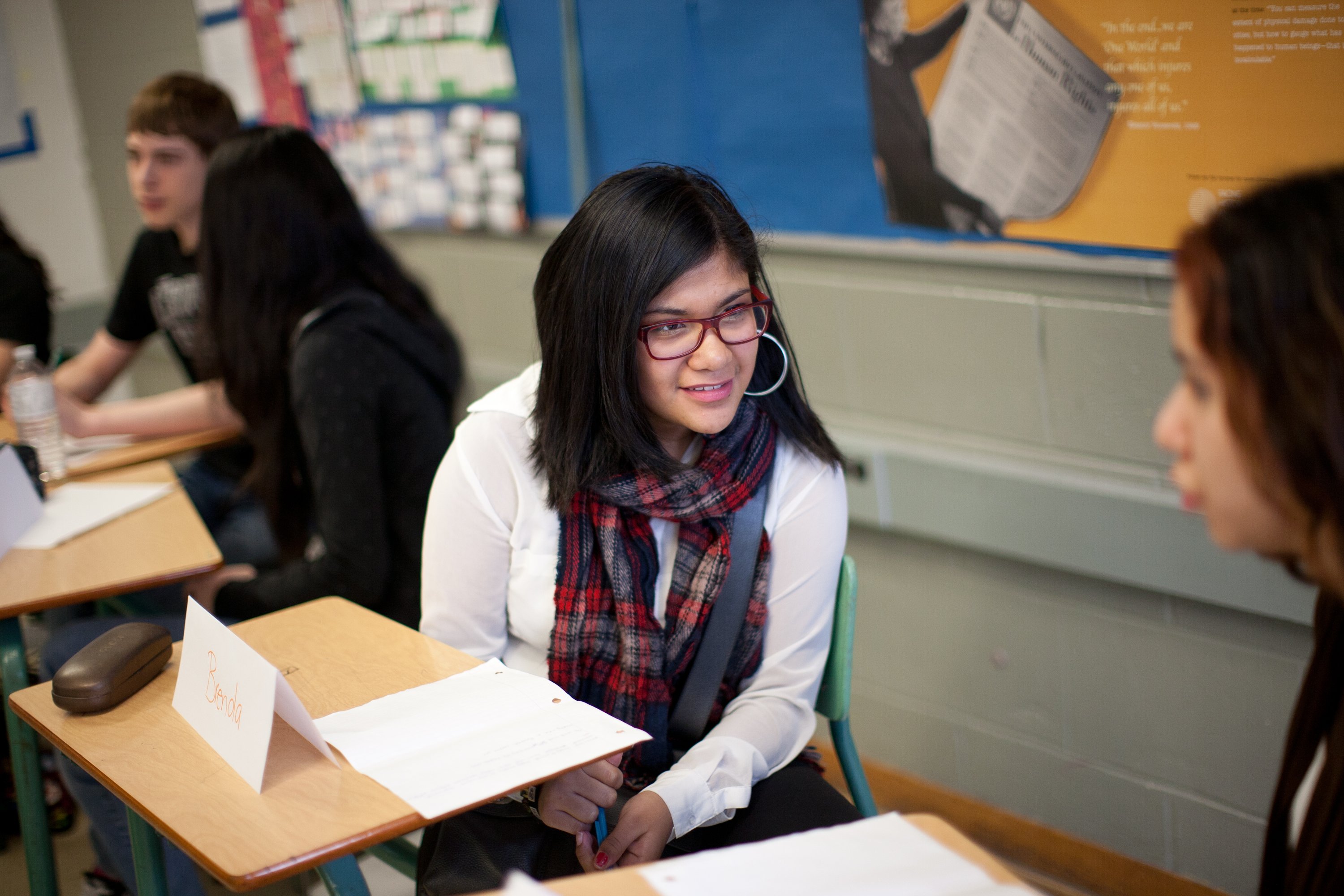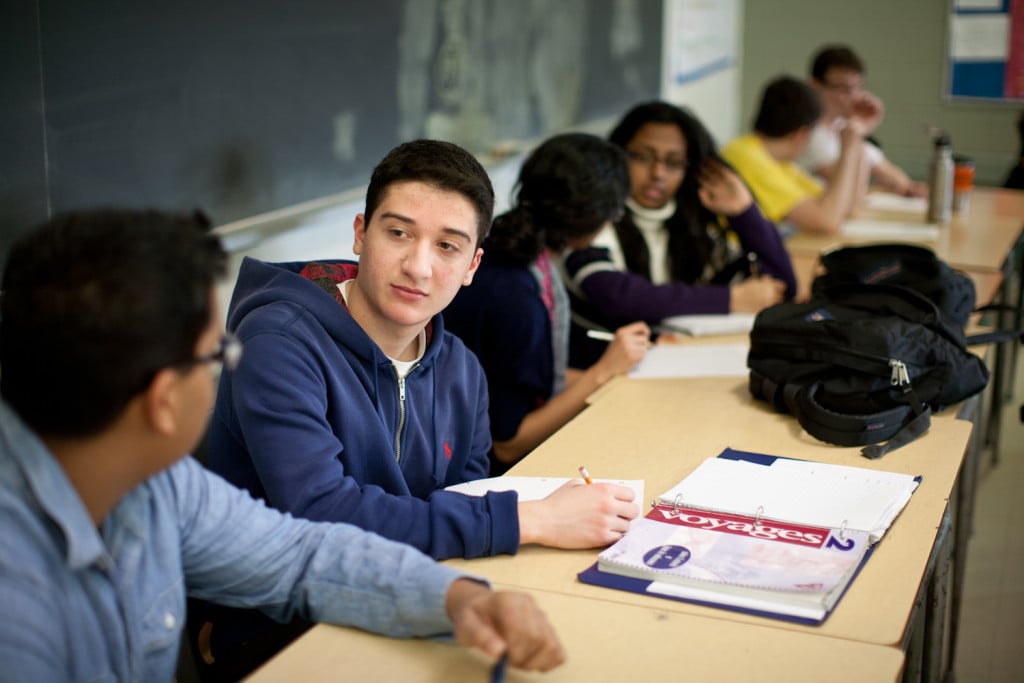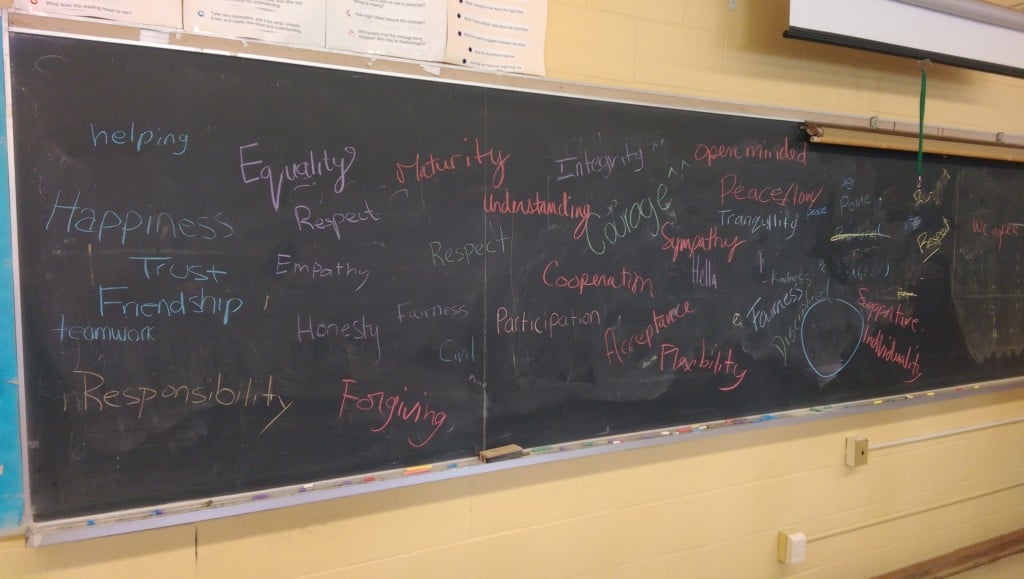In 2015, the House of Commons designated April as Genocide Remembrance, Condemnation, and Prevention Month and committed to “[honouring] the memory of the victims of genocide and reflect on the root causes of these tragedies, so that they never happen again.”
Resources for Genocide Awareness Month and Beyond
Posted by Facing History and Ourselves Canada on March 30, 2022
Topics: Armenian Genocide, Facing History Resources, Genocide/Collective Violence, Teaching Resources, genocide, Genocide and Crimes Against Humanities Course, Inside a Genocide Classroom
This blog is Part 2 of Teaching about The Holodomor. We recommend reading through Part 1 of the blog, Teaching about The Holodomor, as it provides a meaningful way to teach about the man-made famine inflicted upon Ukrainians by Joseph Stalin and the Soviets. You can use the contents of that blog as a way to learn and/or teach about The Holodomor before engaging in Holodomor Memorial Day in Schools.
Topics: Memorials, Genocide/Collective Violence, Memorial, Inside a Genocide Classroom, Holodomor
As Facing History educators, we know the importance of creating a classroom that is a safe space for students physically, mentally and emotionally. This is of special importance because we engage students in conversations about identity, belonging, difficult histories and contemporary injustices - subject matter that can be uncomfortable and emotional. However, we often forget that we also need to take care of ourselves.
Topics: Inside a Genocide Classroom, Mental Health Awareness
Beyond Anne Frank: Using an arts-integrated approach to explore victim experiences during the Holocaust
Posted by Michael Pitblado on March 24, 2017
The students in my Genocide and Crimes Against Humanity course gained new and meaningful perspectives on what life was like for those targeted for extermination by the Nazi regime by creating a unique and innovative art exhibition that explored the lives of young victims of the Holocaust.
Topics: Art, Identity, Holocaust, Salvaged Pages, Genocide and Crimes Against Humanities Course, Inside a Genocide Classroom, Anne Frank
Youth and Teachers Respond Collectively to Art Spiegelman's Maus Through Art and Inquiry: An Interview with Professor Rob Simon and Delta Senior Alternative School Teacher Sarah Evis
Posted by Rob Simon on December 21, 2015
In 2015, Dr. Rob Simon, Associate Professor at the Ontario Institute for Studies in Education of the University of Toronto (OISE), and students from his teacher education course partnered with Sarah Evis, a teacher from Delta Senior Alternative School in the Toronto District School Board (TDSB), and her grade 8 students, to study Art Spiegelman’s popular intergenerational Holocaust survivor memoir and graphic novel, Maus: A Survivor’s Tale.
Topics: Art, Books, Antisemitism, Choosing to Participate, Holocaust, Facing History and Ourselves, Innovative Classrooms, Holocaust Education, Middle School, Strategies, Culturally Responsive and Relevant Pedagogy, Night, genocide, Lesson Ideas, big paper, Inside a Genocide Classroom, Social Justice, Personal history
As an educator I often wonder what students remember once they have left my classroom. It is my hope that when they leave they take with them critical thinking skills, the ability to engage in difficult conversations, and a deeper understanding of how we are all connected - in the past, present, and future. Through all of my various attempts to learn from my students what they are getting out of their Facing History and Ourselves class, I have found that the best way to find out what students are learning is to ask them.
Each year, at the end of our grade 11 elective Facing History and Ourselves course, Genocide and Crimes Against Humanity, we take the time to reflect on our learning and ourselves. This year a group of students from my classroom chose to participate in a reflective interview process in lieu of their final journal entry assignment, and agreed to share their reflections.
Below, as inspired by the popular blog Humans of New York and the Facing History project, Humans of the Woodlands, you'll have the chance to glimpse into the classroom learning and life of a few of my Facing History and Ourselves students.
Topics: Choosing to Participate, Identity, History, Holocaust Education, Memorial, We and They, Culturally Responsive and Relevant Pedagogy, legacy, Genocide and Crimes Against Humanities Course, Holocaust and Human Behaviour, Inside a Genocide Classroom, Social Justice, Personal history, reflection
3 Ways Students Can Choose to Participate as an End of Year Project
Posted by Ben Gross on April 30, 2015
Over the years I have had many conversations with colleagues about how the Facing History and Ourselves’ Scope and Sequence—the framework for investigating atrocities in history—works in our classrooms. One of the topics that is brought up often is the last phase, Choosing to Participate.
Topics: Choosing to Participate, Inside a Genocide Classroom
From Understanding to Upstander: Inside a Genocide Studies Classroom
Posted by Lanny Cedrone on April 13, 2015
One of the questions that we often struggle with as teachers, and even more so as teachers that cover issues of genocide, is How do we even begin to understand something that is so far removed from most of our personal experiences?
Topics: Choosing to Participate, Safe Schools, Identity, Strategies, Genocide and Crimes Against Humanities Course, Lesson Ideas, Inside a Genocide Classroom
Establishing a Safe Classroom in Order to Explore Difficult Topics
Posted by Jason Monteith on January 22, 2015
What does a safe classroom look like to you?
I am sure in thinking about a safe classroom some key terms such as respectful, inclusive, or equitable cross your mind.
What would happen if you asked your class the same question?
Topics: Back-To-School, Safe Schools, Strategies, Lesson Ideas, Inside a Genocide Classroom
Reviewing the year we will soon be leaving behind, here are the Top Six Most Read Blogs from our Ontario educators:
Topics: Innovative Classrooms, Media Skills, Museum Studies, Best of..., Inside a Genocide Classroom


